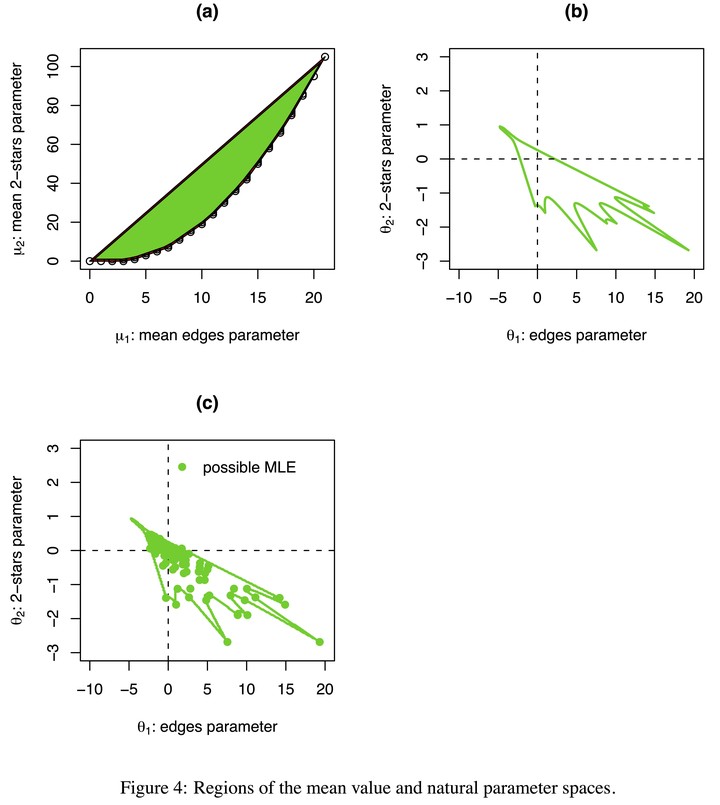
Abstract
The primary objective of this paper is to describe some recent advances in the modeling of random graphs that have an impact on the representation of sexual and drug use networks. We also investigate issues related to the estimation of random graph models. The main focus is cross-sectional social network models, although dynamic or longitudinal models are briefly discussed.
Statistical exponential family models (Wasserman and Pattison, 1996) are a generalization of the Markov random graph models introduced by Frank and Strauss (1986), which in turn derived from developments in spatial statistics (Besag, 1974). These models recognize the complex dependencies within relational data structures.
To date, the use of stochastic graph models for networks has been limited by three interrelated factors: the complexity of realistic models, lack of use of simulation studies, and a poor understanding of the properties of inferential methods.
In this paper we discuss these factors and related issues of the degeneracy of commonly promoted models. As a cornerstone of this development we present a Markov Chain Monte Carlo (MCMC) algorithm for general random graph models. We also review the role of these MCMC algorithms for simulation, addressing model degeneracy, and likelihood-based inference.